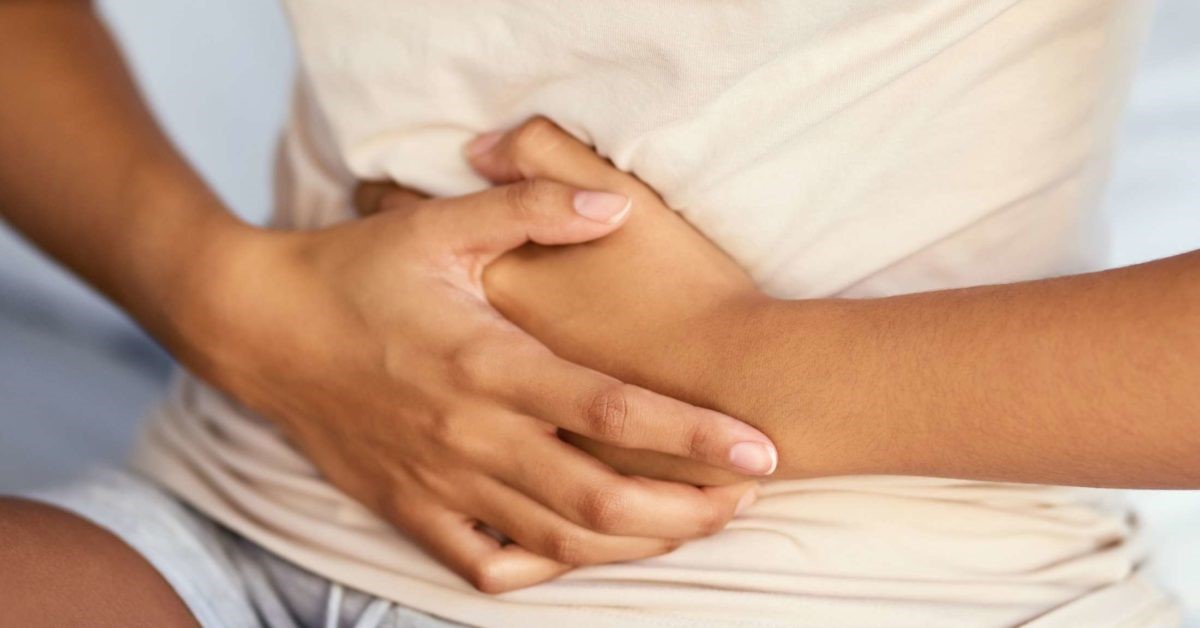
The majority of digestive issues are caused by our lifestyle, the foods we eat, or stress. As a result, changing your lifestyle can assist, and in many cases, prevent, many of these issues. Constipation, nausea, heartburn, and cramping are all typical digestive symptoms that may usually be treated with lifestyle changes and over-the-counter (OTC) medications. Stomach problems can occur for a variety of causes. Poor eating habits are one of the most common of them. Stomach problems, on the other hand, can sometimes be caused by common digestive illnesses.
Stomach disturbances can induce a variety of symptoms, including pains and vomiting. Many of these problems will go away on their own and represent little danger of complications. However, stomach problems that appear to be frequent could be the result of a variety of digestive illnesses.
People who are aware of the signs and indications of common digestive diseases are better able to recognize them and seek appropriate treatment.
In this post, we’ll go over some of the common digestive diseases, as well as how to treat them:
Reflux
Heartburn is a scorching, searing feeling that travels up your esophagus from your stomach and chest; a sour taste in your tongue or a frequent need to clear your throat, and coughing fits. You might well have gastro-esophageal reflux disease if these symptoms occur regularly (GERD). Stomach acid leaks upward because the valve between the esophagus and the stomach isn’t working properly. The lining of the esophagus can be damaged in severe cases, placing you at risk for esophageal cancer. Change your eating habits, both in terms of what you consume and when you eat it. Coffee, tea, chocolate, carbonated beverages, spicy meals, alcohol, dairy products, and tomatoes have all been proven to cause or aggravate reflux, so avoiding the very worst violators makes perfect sense.
Indigestion
Doctors refer to indigestion as gastritis or dyspepsia, which is an irritation of the gastrointestinal lining. Medications, particularly aspirin or other pain killers, as well as alcohol and food, can cause acute gastritis.
Limit your intake of alcoholic beverages and fatty foods. Eat smaller meals more frequently and slowly. After each meal, go for a short walk. If you’re a smoker, stop. If the pain is still there after a few days, or if you develop shortness of breath and worsening pain that shoots down your arm, see a doctor immediately.
Constipation
Constipation is a condition in which stool transit is hard or irregular. You’re probably constipated if you don’t have bowel movements more than three times a week. Constipation is frequently caused by a lack of fiber in the diet. Constipation is characterized by the inability to pass stool. This condition is usually resolved by adding fiber water and exercise. Laxatives should only be used as a last resort.
Gallstones
The gallbladder is a gastrointestinal juice-storing organ connected to the intestine. Gallstones are tiny, hard aggregates formed by bile. Gallstones affect around 20 million Americans, however, not all of them are harmful. Some gallstones are asymptomatic and disappear on their own. Others can result in excruciating pain or infection. Nausea, vomiting, and a fever are all possible side effects. Gallstones that induce gallbladder attacks are usually treated with surgery.
Appendicitis
In modern people, the appendix is a tiny pouch located on the colon that serves no role. It can, however, become irritated and inflamed, causing serious difficulties. It produces acute, abrupt abdominal discomfort and should be addressed with surgery as soon as possible.
Irritable Bowel Syndrome (IBS)
The muscles in the intestines go wild, contracting too quickly or too slowly. Stress is frequently blamed, and there’s no denying that it contributes to the pain, but family history also plays a role. Although recent research has linked the neurotransmitter serotonin to IBS, there are currently no tests or scans that can be used to diagnose the disorder. Meals that seem to trigger an attack include carbonated beverages, gassy foods like coleslaw, broccoli, cauliflower, or beans; bran or high-gluten cereal; and fructose-containing foods like fruits, root vegetables, caffeine, chocolates, and chewing gum. If constipation is your primary concern, gradually increase your intake of high-fiber foods.
Diarrhea
Diarrhea is defined as a series of loose or watery feces that occur often. Infections, autoimmune diseases, medications, hormone imbalances, past surgery, and motility abnormalities are just a few of the reasons for diarrhea. Diarrhea can also be caused by pancreatic diseases.
Soluble fiber antidiarrheal medicines that limit gut motility and bile-acid-binding drugs are all used to treat diarrhea symptoms. Finally, the root issue of diarrhea should be targeted for treatment.
Ulcerative Colitis and Crohn’s Disease
These are autoimmune diseases in which the immune system, which is supposed to protect us from bacteria, viruses, and other outside invaders, turns on us. Chronic inflammation, scarring, and obstruction are the results. Pernicious anemia is a condition in which important nutrients, such as vitamin B-12, are difficult to absorb. Crohn’s disease and ulcerative colitis cannot be cured, but symptoms can be managed with a blend of healthy lifestyle choices and treatments, such as antibiotics, anti-inflammatory, and immunosuppressive drugs, as well as diarrhea and constipation over-the-counter medicines. Give up smoking, drink more water, exercise, and try new foods to see what you can handle.
Gastritis
Gastritis is an inflammatory reaction of the stomach lining which can produce substantial pain, especially during mealtime or other periods of eating. It is tightly linked to ulcers. Germs in the stomach produce it, the very same bacteria that cause ulcers, tiny lesions on the stomach lining.
Diverticulosis
Diverticula are holes or bulges that emerge as the colon’s walls weaken and bend. If they become irritated, infected, or burst, spilling fecal bacteria into the gut, trouble ensues. Antibiotics, a liquid diet, and relaxation may be used to treat an infection; a high-fiber diet may help keep it at bay, however recent research suggests otherwise. Extreme symptoms, such as abscesses, bleeding, and intestinal wall breaches, can cause excruciating discomfort and necessitate surgery.
